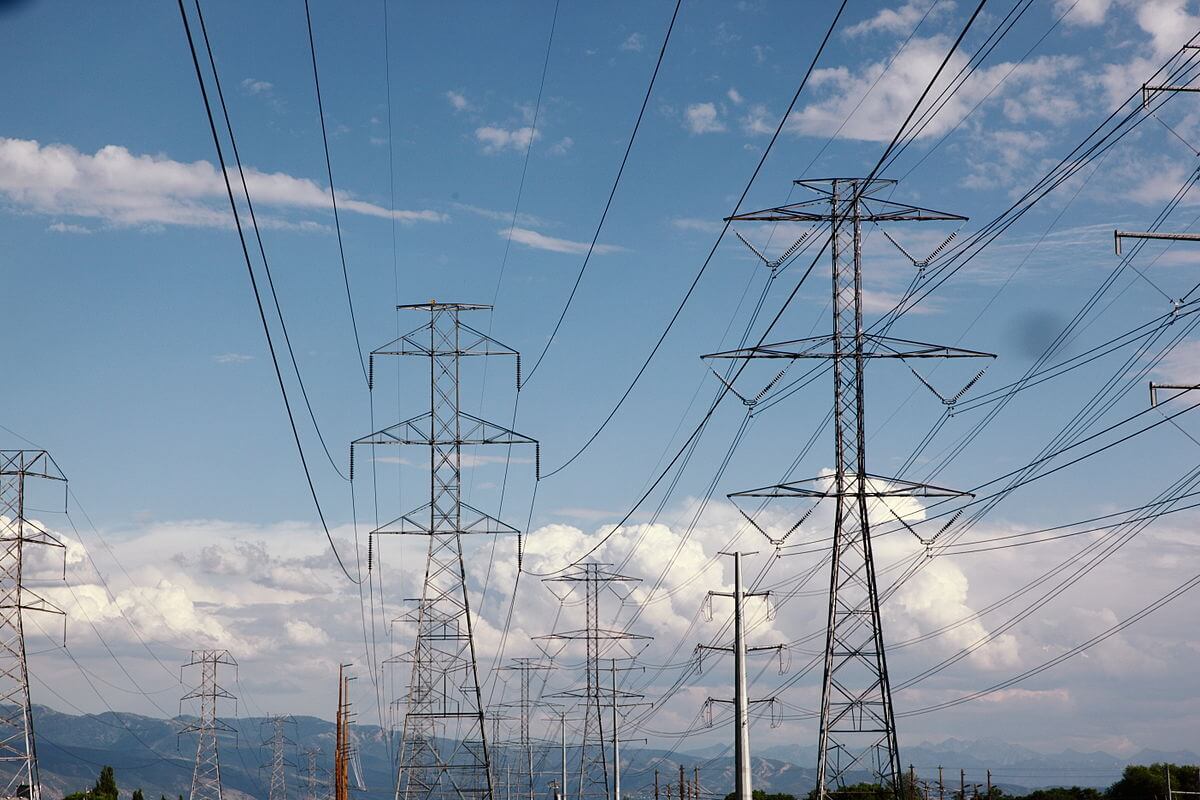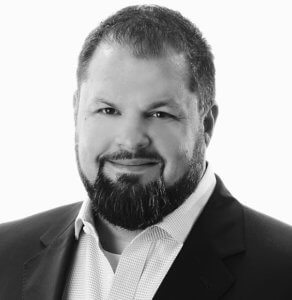When I asked John Savage, the retired co-founder of the Department of Computer Science at Brown University, what the essential ingredient in research is, he responded with one word: “Passion.”
It is passion that keeps scientists going, dead end after dead end, until there is a breakthrough.
It is passion that keeps them at the bench or staring into a microscope or redesigning an experiment with slight modifications until that “eureka moment.”
I have been writing about science for half a century. I can tell you that passion is the bridge between daunting difficulty and triumphant discovery.
Next comes money: steady, reliable funding, not start-and-stop dribbles.
It is painful to watch the defunding of the nation’s research arm by roughly a third to a half; the wanton destruction of what, since the end of World War II, has kept the United States the premier inventor-nation, the unequaled leader in discovery.
It is dangerous to believe the status quo ante will return when another administration is voted in, maybe in 2028.
You don’t pick up the pieces of projects that are, as they were, ripped from the womb and put them back together again, even if the researchers are still available — if they haven’t gone to the willing arms of research hubs overseas or other careers.
The work isn’t made whole again just because the money is back. The passion is gone.
There are crude, massive reductions in funding for research and development across the government — with the most axing in the National Institutes of Health (NIH), the National Science Foundation (NSF) and the Department of Energy (DOE). But the philistines with their metaphorical chainsaws have slashed wildly and deeply into every corner of science, every place where talented men and women probe, analyze and seek to know.
This brutal, mindless slashing isn’t just upending careers, causing projects to be abandoned in midstream, destroying the precious passion that is the driver of discovery, but it is also a blow against the future. It is a turn from light to dark.
The whiz kids of DOGE aren’t cost-cutting. They are amputating the nation’s future.
The cutting of funds to NIH — until now the world’s premier medical research center, a citadel of hope for the sick and the guarantor that the future will have less suffering than the past — may be the most egregious act of many.
It is a terrible blow to those suffering from cancer to Parkinson’s and the myriad diseases in between who hope that NIH will come up with a cure or a therapy before they die prematurely. It is a heartless betrayal.
The full horror of the dismantling of what they call the nation’s “scientific pillar” has been laid out by two of America’s most eminent scientists in an essay in the Bulletin of the Atomic Scientists.
They are John Holdren, who served as President Barack Obama’s science adviser and as director of the White House Office of Science and Technology Policy, and Neal Lane, who was President Bill Clinton’s science adviser and is a former NSF director. In their alarming and telling essay, they appeal to Congress to step in and save America’s global leadership in science.
They write, “What is happening now exceeds our worst fears. Consider, first, the National Science Foundation, one of the brightest jewels in the crown of U.S. science and the public interest. …. It’s the nation’s largest single funder of university basic research in fields other than medicine. Basic research, of course, is the seed corn from which future advances in applied science and technology flow.”
The NSF co-stars in the federal research ecosystem with NIH and DOE, the authors write. The NSF has funded research underpinning the internet, the Google search engine, magnetic resonance imaging, laser eye surgery, 3-D printing, CRISPR gene editing technology and much more.
The NIH is the world’s leading biomedical research facility. The writers say it spends 83 percent of its $48 billion annual budget on competitive grants, supporting over 300,000 researchers at more than 2,500 institutions in all 50 states. Another 11 percent of the agency’s budget supports the 6,000 researchers in its own laboratories.
Holdren and Lane write, “Of the energy department’s $50 billion budget in fiscal 2024, about $15 billion went to non- defense research and development.”
Some $8 billion of this went to the DOE Office of Science Research, the largest funder in basic research in the physical sciences, supporting 300 institutions around the country including the department’s own 17 laboratories.
In all of the seminal moves made by the Trump administration, what The Economist calls the president’s “War on Science” may be the most damaging.


